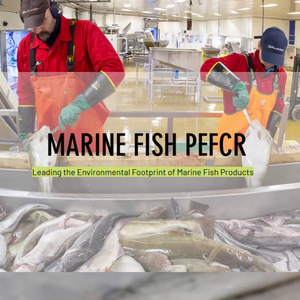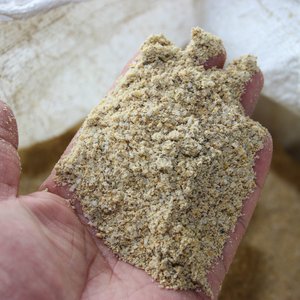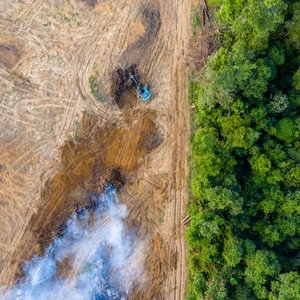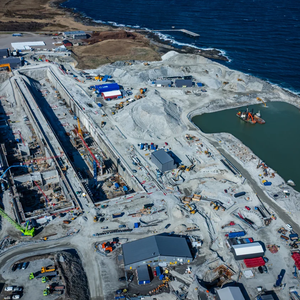Global food & agribusiness (F&A) faces a remarkable conundrum. Right now the sector is struggling in an operating environment characterized by slow growth, soft demand and ample supply, which in combination are challenging business confidence. Yet the sector has a bright future. Over the longer term, growth in global F&A will be strong, driven by a powerful combination of population expansion, rising wealth and urbanisantion. So how can global F&A navigate its way through the sluggish operating environment it finds itself in towards the stronger growth that lies ahead? How can it find new ways to profit through the current uncertainties while positioning and preparing for future opportunities?
In its 2014 flagship report “Unleashing The Potential For Global F&A - A Call For Innovation And Leadership”, Rabobank argues that a stronger focus on innovation can provide the all-important bridge between the near-term challenges and the longer-term opportunities for global F&A. Innovation can and should help global F&A to do more with less—that is, increase food availability and improve access while stepping more lightly on the planet.
To demonstrate both what is needed and what is possible, Rabobank has developed ten big ideas in global F&A aimed at boosting global food availability and improving access to food over the next decade However, while innovation may be the key ingredient, leadership will be the single most important tool in overcoming these difficulties and putting these big ideas into practice.
“This leadership will come from CEOs of global and local F&A companies, from investors in global F&A, from scientists with the ability to promote new and improved technologies and practices, from government experts, from NGOs, from international networks, and from international commercial and institutional banks. Where these leaders sit is not what sets them apart - it is their vision, the way they drive the case for change and their ability to inspire action that differentiates them.” says Wiebe Draijer, Rabobank Executive Board Chairman.
The report argues that harnessing innovation requires a shift in mindsets, to accept that business as usual is not likely be the right way forward. Although global F&A has seen much change over the past decade, there is still some reluctance to accept that the future is going to be different, or appreciation of how different global F&A is going to have to be in order to successfully respond to the significant constraints that come with the long-term opportunities.
Innovation, it is suggested, should be focused in two areas. The first is in basic research and development (R&D), to discover new technologies and practices that are implementable at a commercial scale. The second focus area is in business models, which need to change to accelerate the take-up of new technologies and practices in ways that better manage risk and better align investments and returns.
Although there are some significant hurdles ahead, Rabobank is positive about the sector, and confident in the ability of global F&A to rise to the challenge. The future of global F&A requires leaders with the confidence to invest in the future by thinking big and embracing change.
These ideas, included in the report, were presented in Washington DC yesterday by Rabobank Executive Board Chairman Wiebe Draijer during the Rabobank Duisenberg Lecture held in conjunction with the Annual Meetings of the IMF and World Bank.
Rabobank\'s 10 big ideas:
1. Adopt big data in US agriculture
2. Close the yield gap in Central and Eastern Europe
3. Improve China\'s food security
4. Strengthen South-South trade
5. Invest in local storage
6. Boost production in the F&A engine room
7. Develop cold chains in China
8. Grow aquaculture
9. Lift dairy production in India
10. Raise sugarcane\'s productivity
Background of the Duisenberg Lecture
Now in its eleventh year, the Duisenberg Lecture addresses topics close to the bank’s heart as a leading food and agribusiness bank, and topics that are relevant to the international development agenda. The event is named after the late Dr. Wim Duisenberg, former President of the European Central Bank and Vice-Chairman of the Executive Board of Rabobank Nederland (1979-1981).
Wiebe Draijer, Executive Chairman of Rabobank’s Executive Board, presented the Report to Mr. Dave MacLennan, President and Chief Executive Officer of Cargill at the 2014 Duisenberg Lecture held in Washington DC.







